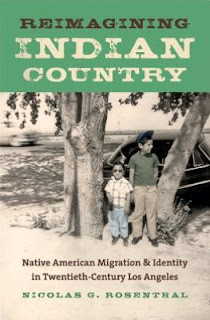
New from Yale University Press:
Making Way for Genius: The Aspiring Self in France from the Old Regime to the New by
Kathleen Kete.
About the book, from the publisher:
Examining the lives and works of three iconic personalities —Germaine de Staël, Stendhal, and Georges Cuvier—Kathleen Kete creates a groundbreaking cultural history of ambition in post-Revolutionary France. While in the old regime the traditionalist view of ambition prevailed—that is, ambition as morally wrong unless subsumed into a corporate whole—the new regime was marked by a rising tide of competitive individualism. Greater opportunities for personal advancement, however, were shadowed by lingering doubts about the moral value of ambition.
Kete identifies three strategies used to overcome the ethical “burden” of ambition: romantic genius (Staël), secular vocation (Stendhal), and post-mythic destiny (Cuvier). In each case, success would seem to be driven by forces outside one’s control. She concludes by examining the still relevant (and still unresolved) conundrum of the relationship of individual desires to community needs, which she identifies as a defining characteristic of the modern world.
Kathleen Kete, Borden W. Painter, Jr., Associate Professor of European History at Trinity College, is the author of
The Beast in the Boudoir: Petkeeping in Nineteenth-Century Paris.
 About the book, from the publisher:
About the book, from the publisher:































